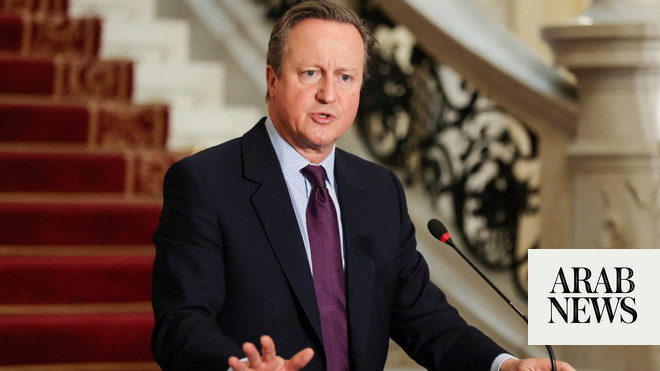
RIYADH: India is not responsible for changing the wording of the COP26 statement about coal usage from “phasing out” to “gradual easing, the country"s minister of Petroleum and Natural Gas told Al Arabiya.
Hardeep Singh Puri hit back at suggestions his country — along with China — demanded a last minute change to the text after two weeks of talks in Glasgow, Scotland.
Puri claimed that some “tried to manipulate” the outcome to paint India out as a key agitator for the alteration.
The UN"s COP26 was held from Nov. 1 to Nov. 12, and saw negotiators from nearly 200 countries reach an agreement seeking to preserve the goal of the Paris climate agreement, with plans to deal with coal publicly mentioned for the first time.
“Politics intervenes in these matters to throw ashes in the eyes or to divert attention from one issue to another," he said, adding: "It is very appropriate for some to blame India and say that it is behind the softening of the tone of the Glasgow Final statement on coal from ‘phasing out’ and changing it to ‘easing it gradually’, but this is not true at all, and I think that some news was leaked later from sources that participated in the drafting of the statement, stated that."
On India"s goals to achieve net zero emissions by 2070, Puri said there is not specific sequence of solutions to pursue, "all of them will be started at the same time."
Targets set by the Prime Minister are ambitious, but our performance history bears witness to us, the Indian Minister said. "We have moved strongly on the climate front since Paris. In Glasgow we raised our targets," he said.
Indian Prime Minister Narendra Modi revealed that his country aims to achieve net zero carbon emissions in 2070, noting that his country is responsible for only 5 percent of global emissions.
Modi revealed that India will increase the share of renewable sources in its energy mix from about 38 percent last year to 50 percent by 2030.












